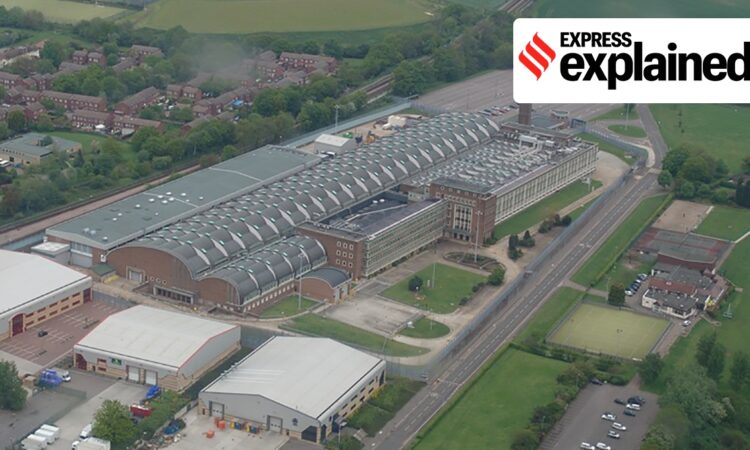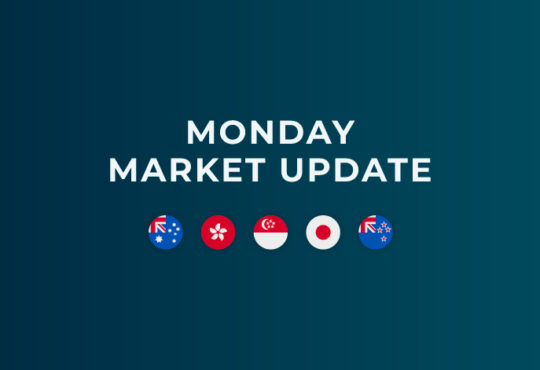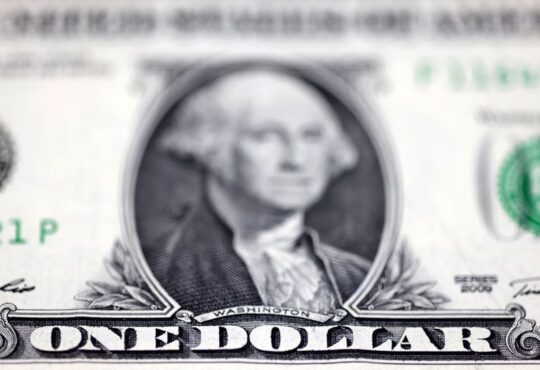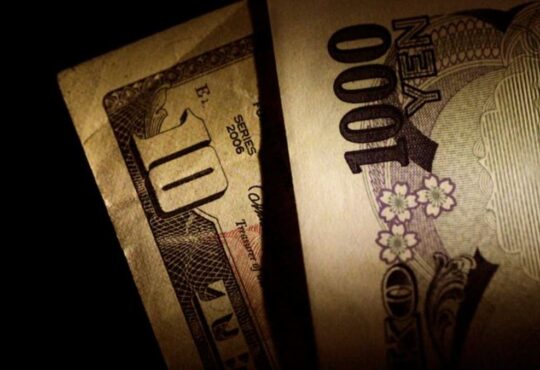The story of De La Rue: currency printing firm at centre of CBI’s Mayaram case | Explained News

The CBI has registered an FIR against former finance secretary Arvind Mayaram for alleged cheating, criminal conspiracy, and corruption. Mayaram, whose premises in Delhi and Jaipur were searched on Thursday, is accused of extending undue favours to the UK-based company De La Rue by giving a three-year extension to its “expired contract” for supply of exclusive colour shift security thread for Indian currency notes when he was finance secretary.
What is the background of De La Rue, the company at the centre of the case?
De La Rue is a British firm, now listed on the London Stock Exchange, which designs and prints currency notes and produces other features used in banknotes like security thread and security holograms for central banks across the world.
For decades, the company was a major supplier of these sensitive materials to India too, but it has not been able to win any major contract since 2016, when its name cropped up in the Panama Papers with evidence that it had authorised a payment of a 15% commission via its subsidiary company, Portals, to its Indian agent for securing banknote contracts.
What was the role of former finance secretary Mayaram in the controversy?
De La Rue has been linked to several controversies in India during the decades it did active business with the government. Mayaram is in trouble over developments dating back to 2012, by which time De La Rue was already in the crosshairs of agencies like the Central Vigilance Commission (CVC). A year previously, in 2011, it was at the centre of a controversy over consignments of its banknote paper headed for India failing quality parameters.
On September 1, 2017, The Indian Express first reported that a CBI inquiry had been initiated against Mayaram as to why he had given extensions for the supply of colour shift security thread to De La Rue without a tender. That inquiry has now been converted into a formal case — the CBI, in its FIR, has alleged that the extension given to De La Rue was an “illegal” act, and that the UK company did not possess the exclusive India patent that they were meant to work with.
Was this the first time that De La Rue was in the news in India?
Known to very few at that time, De La Rue was first heard about in 1999.
Roberto Giori, a major shareholder of its Swiss partner companies, called De La Rue Giori, was among the passengers of the hijacked Indian Airlines flight IC-814. Following the hijack, intelligence circles were agog with speculation about what impact the presence on board of the “currency king” of Switzerland — Giori had dual citizenship of Switzerland and Italy — would have on events.
And were there any reports of wrongdoing by De La Rue for Indian contracts prior to the allegations faced by Arvind Mayaram?
It was in 2010 that De La Rue was embroiled in its first commercial controversy in India, and was subsequently denied security clearance by the Home Ministry for currency paper contracts.
The Indian Express reported on September 21, 2011 that the company itself had informed the Indian government that its internal inquiry had found that some of the watermarked currency paper it had supplied to India had failed quality parameters.
The company also admitted that some of its employees had “falsified” test certificates submitted to the Reserve Bank of India, and that British enforcement agencies had been informed of the incident.
Then finance minister Pranab Mukherjee had ordered an inquiry into the faulty currency paper supplies. Towards the end of 2010, he approved a proposal to suspend supplies from De La Rue. At this stage 2,000 metric tonnes of “faulty” watermarked Indian currency paper was lying in godowns in India and UK.
What was the fallout of this controversy and later, revelations in the 2016 Panama Papers on De La Rue?
With De La Rue, the biggest player in the currency paper and security features import business for India, being blacklisted and denied security clearance in 2010, a war of words began among the company’s competitors. The CVC received bulky complaints (signed by unnamed officials of the Finance Ministry) about other supplier companies as well. The allegations were that other companies such as the French firm Arjo Wiggins, Crane AB of the US, and Louisenthal of Germany, too, had failed tests conducted by the Bharatiya Reserve Bank Note Mudran Private Ltd (BRBNMPL), which signs currency note contracts but had cleared the re-tests in foreign laboratories.
After the publication of the Panama Papers, the RBI had advised the Home Ministry to continue the blacklisting of De La Rue.
What is the status of De La Rue vis-à-vis Indian contracts at present?
Currency paper industry insiders say that for the past several years — and certainly after 2016 — De La Rue has not secured any major Indian contract for supply of currency paper or even security threads and security holograms. In January 2016, a new subsidiary named De La Rue India Private Limited was formed; trade documents show that this company deals with the manufacture of special purpose machinery.
Officials say that De La Rue was frequently attempting to pitch for current and on-going BRBNMPL contracts via this subsidiary company, but the trail of controversies, and the fact that India was trying — and has partly succeeded — in achieving self-reliance in this sensitive sector, stood in the way of its making a fresh breakthrough.





